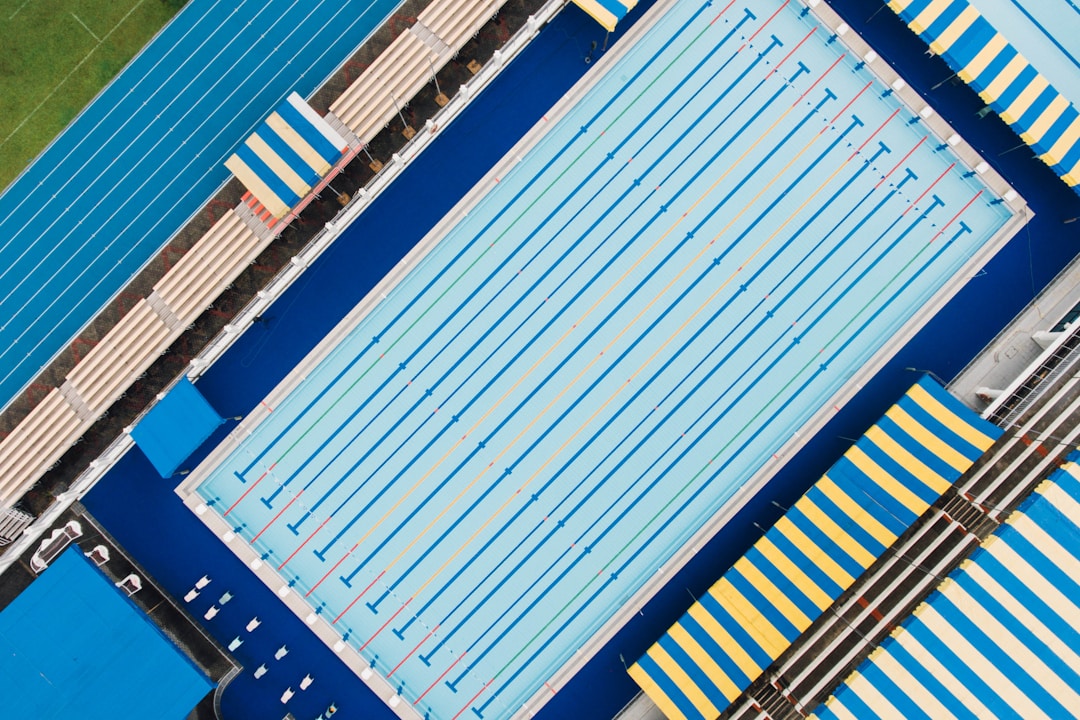A role of great responsibility in the world of athletics is the sports facility operations manager, playing a pivotal part in ensuring the smooth running of venues and maintaining them at their best. In this article, we delve into what makes up a typical day in the life of these unsung heroes of sports operations. Keep reading to learn more.
Becoming a Sports Facility Manager
Earning a graduate degree in sports management can be a pivotal step toward becoming a sports facility manager. These specialized graduate sports management programs
equip individuals with the necessary knowledge and skills to manage and oversee sports facilities’ operations.
One key aspect of a sports management degree is the emphasis on facility management. Through coursework and practical experiences, students understand the principles and practices involved in managing various aspects of sports facilities, including planning, financing, operations, and maintenance. They learn how to strategically allocate resources, implement effective marketing strategies, and ensure smooth day-to-day operations within the facility.
Furthermore, obtaining a graduate degree in sports management also enhances an individual’s credibility and marketability. Employers in the sports industry value advanced education, as it demonstrates a commitment to the field and a higher level of knowledge. With a graduate degree, aspiring sports facility managers may have a competitive edge over other candidates when applying for positions within the industry.
The Morning Call: Planning and Organizing
A sports facility operations manager’s day typically starts early, often with a meeting with key staff members. Discussions revolve around the day’s events, pending maintenance tasks, availability of facilities, and more. These meetings are critical as they set the tone for the day and ensure everyone is on the same page. Communication management and proactive planning are the cornerstones of an operations manager’s morning routine.
The early hours of a sports facility operations manager’s day are also when they liaise with external vendors and contractors. This might include negotiations for equipment procurement, overseeing the delivery and installation of new facilities, or coordinating artificial turf maintenance. These tasks require the operations manager to have an insight into the technical aspects of various sports, efficient negotiation skills, and an understanding of maintenance protocols.
Afternoon Duties: Supervision and Troubleshooting
Post lunch, as activities on the field pick up pace, the facility operations manager switches to a more supervisory role. This involves overseeing the smooth execution of the plans set in the morning and ensuring that everything is running like clockwork. They need to be on their toes, ready to handle any issues that emerge promptly.
Their hands-on approach during these peak hours extends to ensuring the comfort and safety of athletes and spectators. Regular walkthroughs across the facility, assisting staff in resolving any issues, and maintaining a keen eye for detail for any safety risks like damaged equipment or facilities are integral tasks in their itinerary.
The Evening Drill: Review and Reporting
As the day draws to a close and activities wind down, the operations manager moves into yet another essential role: reporting and review. This time is typically spent analyzing the day’s activities, noting down any issues that emerged, and evaluating staff performance. This process is vital for enhancing efficiency, resource allocation, and improving the overall functioning of the facility.
The After Hours: Preparation for the Future

Even when the physical work for the day is over, the role of a facility operations manager does not end. Managers often find themselves planning for the next day or even the next week during their off-duty hours. They forecast potential challenges, strategize resource allocation, and shape the future of the sports facility.
Their responsibilities do not merely end at maintaining the facility’s regular operations. Managers are also expected to keep themselves updated on the latest trends in sports management, innovative training methods, and breakthroughs in sports equipment and technology. This aspect makes the role of a facility operations manager more dynamic and continuously evolving.
The role of a sports manager is diverse, exciting, and immensely rewarding. From ensuring the day-to-day functioning of the facility to preparing for the future, these professionals are the backbone of any facility’s successful operation.

Follow @MyZimbabweNews












